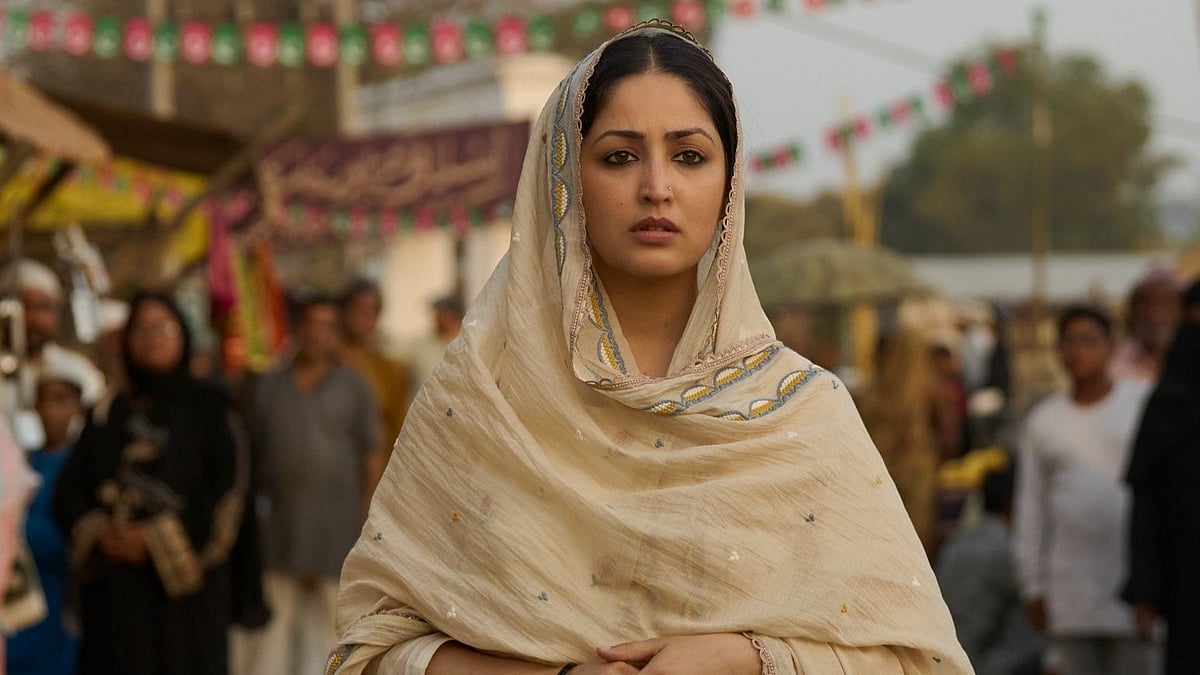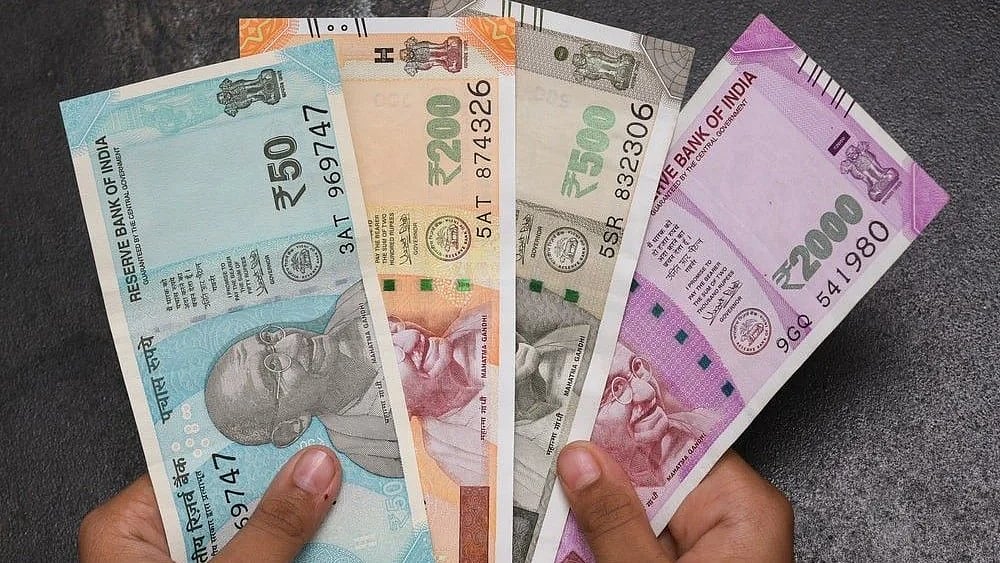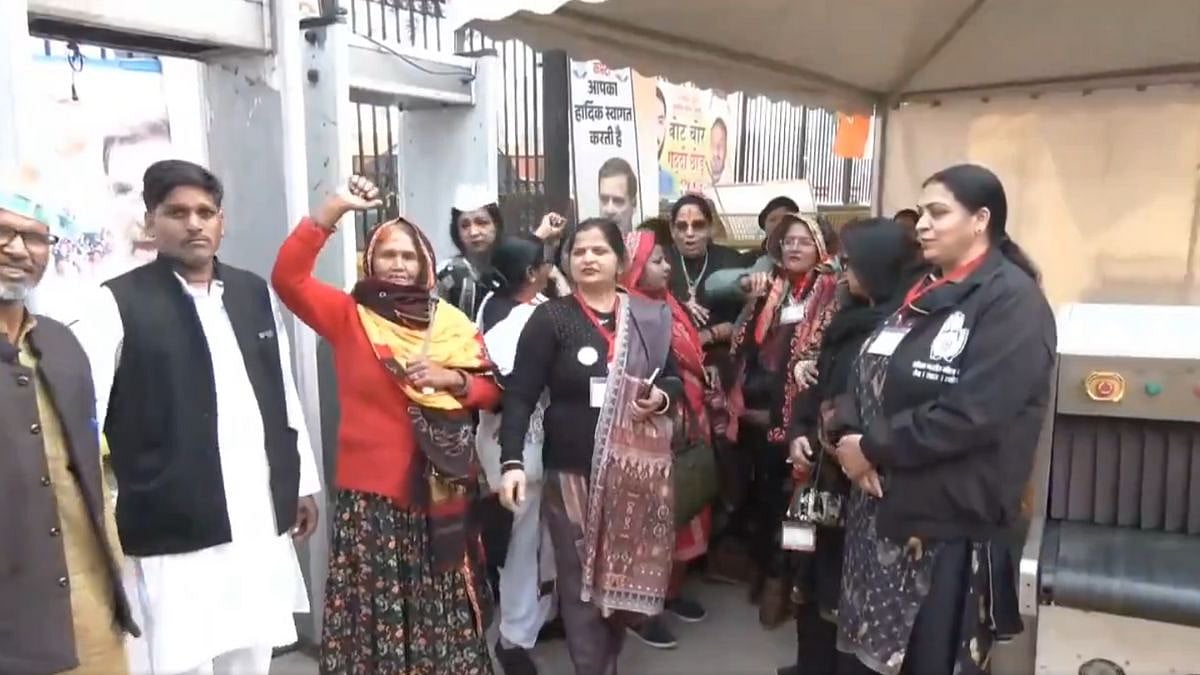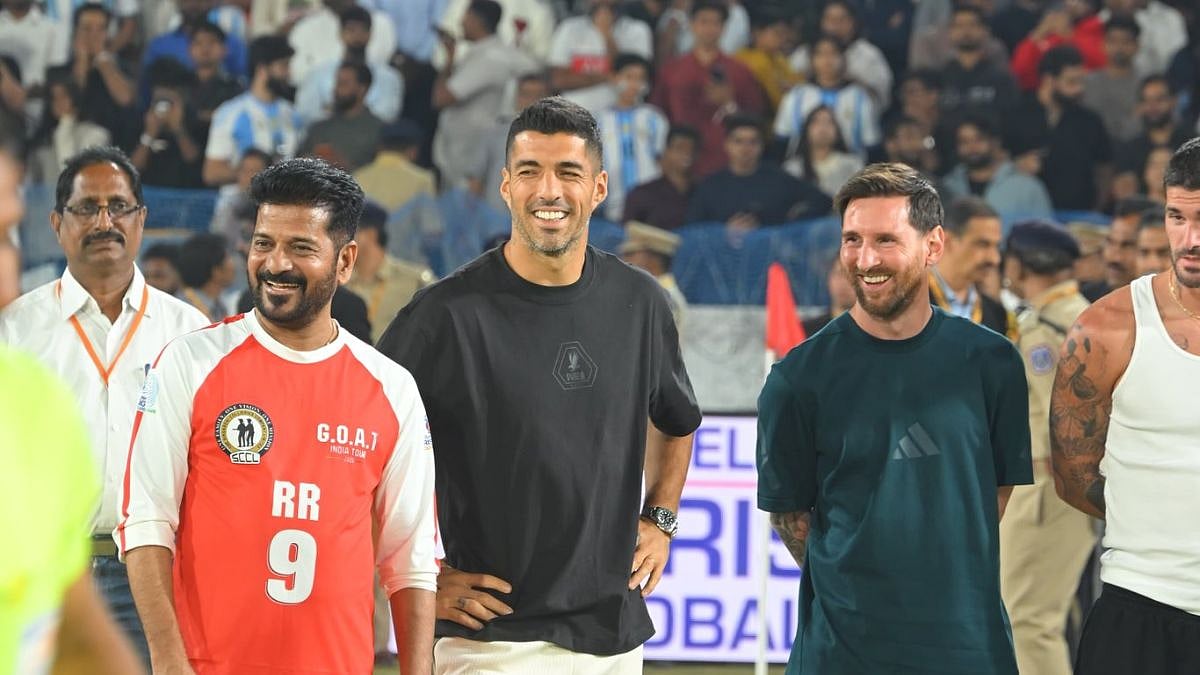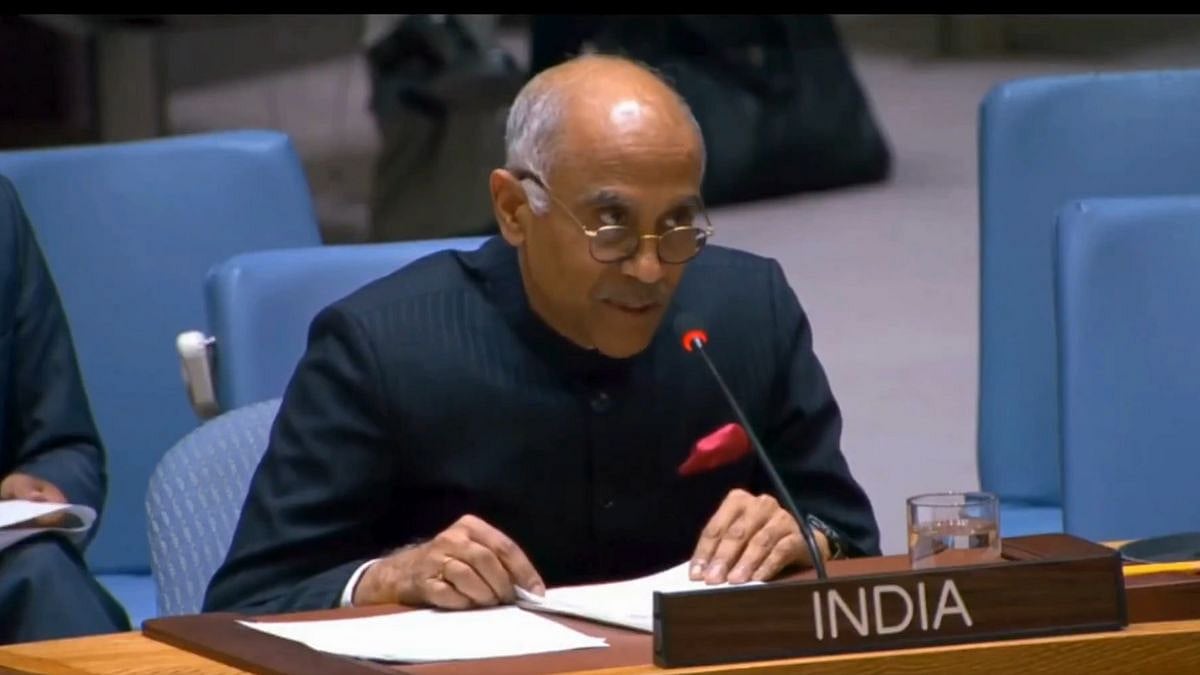Every year, as March 8 rolls around, we celebrate International Women's Day to honour the achievements of women worldwide. The day also stands as a grim reminder of the hurdles that obstruct the path to true equity.
The Indian government and judiciary’s response to the practice of Female Genital Mutilation, or the lack of it, is one such hurdle.
Khatna, khafz and female circumcision
FGM involves the brutal practice of cutting or altering a part of female child’s genitals for non-medical purposes, robbing young women of their dignity and bodily autonomy. The practice affects over 200 million girls globally.
Earlier this year FGM led to the tragic demise of 3 young girls in Sierra Leone, West Africa. Kadiatu Bangura (17 years), Salamatu Jalloh (13 years), and Adamsay Sesay (12 years).
Thousands of miles away in India, FGM - also known as khatna, khafz and female circumcision - continues amongst the Bohra Muslims and certain other communities. According to the World Health Organisation (WHO), FGM increases the risks of immediate and long-term psychological, obstetric, sexual and reproductive health complications. There are no health benefits from female genital mutilation.
PIL against FGM in the Supreme Court of India
Hope, in the form of a PIL in the Supreme Court of India, continues to gather dust. In 2017, an independent lawyer, Sunita Tiwari, shocked to learn that the practice of Female Genital Mutilation (FGM) was taking place in India, filed a public interest litigation (PIL) before the Indian Supreme Court (Sunita Tiwari v. Union of India W.P. (C) No. 286/2017).
The petition seeks directions from the Court to declare the practice of FGM (known as khatna/khafz by the Dawoodi Bohra community which performs the practice in India) as a violation of the fundamental rights of women and girls, and to direct the Indian government to comply with its international human rights obligations by considering framing appropriate laws and policies; and by prosecuting cases of FGM under existing criminal laws. The practice of FGM, which aims to suppress the sexuality of women and girls, is discriminatory and violates the rights to autonomy, bodily integrity and equality of women and girls on whom it is performed.
The PIL is supported by three intervention petitions filed by women from the Dawoodi Bohra community, including me, who have provided evidence on the continued prevalence of the practice in the community, its medical harms, and the impact of the practice they themselves have suffered. Certain sections of the community, including the Dawoodi Bohra Women’s Association for Religious Freedom, have opposed it.
"Violation of the right to privacy"
In one of the hearings, the Supreme Court judges of the then-Division Bench made oral remarks, stating that the practice of FGM prima facie appears to be a violation of the right to privacy guaranteed by the Constitution, and the bodily integrity of the child. The judges also noted that there seems to be no scientific or medical basis for the practice of FGM, which is likely to cause a significant amount of trauma, pain and bleeding.
In a surprising turn of events, however, the government’s stance before the Court was that “there was no official data or study (by the National Crime Records Bureau, etc.) which supports the existence of FGM in India.” This was baffling, considering that it would obviously be difficult to have NCRB data on something that has yet to be criminalised under any law.
With the support from the government, the respondents’ lawyers successfully pushed for the case to be referred to a Constitution bench; to consider the issue of whether any directions on addressing FGM would violate the right to religious freedom under Article 12 of the Constitution (order dated September 24, 2018). Since then, the Supreme Court further decided that rather than deciding this issue separately, the FGM petition should be tagged to the cases seeking a review of the Sabarimala decision and referred the case to a nine-judge bench to decide on the larger issue of scope and ambit of the right to religious freedom; and balancing the right to religion with other fundamental rights.
7 years on, matter still pending before SC
Seven years since the original petition was filed, the matter still remains pending before the Supreme Court. A nine-judge bench was constituted in early 2020, which held two hearings before the onset of the Covid-19 pandemic forced a hiatus. The Supreme Court has not taken up the case since then.
On November 10, 2022, the issue of FGM in India came into the international spotlight during the fourth cycle of the Universal Periodic Review at the United Nations Human Rights Council. During this peer review of India’s human rights record by other UN member states, India received a recommendation to legally adopt the definition of FGM issued by the World Health Organisation, criminalise the practice, and develop a national action plan to combat it.
The Indian Government, which has urged West African countries like Guinea and Mali to enact a law against the brutal practice of mutilating a girl child’s genitals in the past, was asked to criminalise the practice in its own country by a UN Mission – Costa Rica.
Survivor-led groups like WeSpeakOut and Sahiyo in India have been working tirelessly to raise awareness about the prevalence of FGM within their communities and advocate for its ban. On International Women's Day, March 8, amplify the voices of courageous women and support their efforts to create a world free from this oppressive practice.

